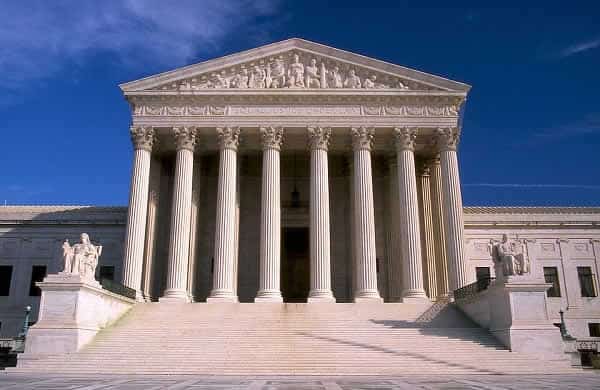A ruling mid-2018 had officially thrown out an old law known as the Professional and Amateur Sports Protection Act prohibited domestic sports betting operators outside of Nevada and three other grandfathered states. Due to lawsuits by major sports leagues, Nevada was the only state that actually benefited from PASPA and was able to monopolize full-service sports gambling providing lucrative profits to the state. A number of states felt this US federal law was clearly unfair and unconstitutional. After all, how could one state be federally allowed to offer something while others couldn’t?
One state, in particular, decided to fight for their right to benefit from state-regulated sports wagering. New Jersey passed a bill that legalized sports wagering at racetracks but was immediately stopped by various professional and amateur league sports. New Jersey fended off these leagues for years in court battle after court battle, finally, their case was eventually heard by the U.S. Supreme Court who then ruled that PASPA was indeed unconstitutional.
States lawmakers were thrilled to learn that they could begin offering lucrative tax revenue by legally offering sports betting which was estimated to be a near $50-80 billion-dollar industry as projected by the underground sports betting market and overseas betting. Soon, various state lawmakers raced to pass legal sports betting legislation to reap early shares of the market. Delaware was first out of the gates to actually launch and offer sports wagering at their racecourses.
Then New Jersey followed suit, by inking their sports betting law one week after Delaware to which they began accepting bets. Pennsylvania, Mississippi, and West Virginia have legal sports betting bills passed but are still in the early application and licensing stage. Several states have legal sports betting bills designed already and are waiting to introduce them, these states include Rhode Island, Connecticut, New York, Maryland, South Carolina, Kentucky, Michigan, Illinois, Indiana, Iowa, Missouri, Kansas, Louisiana, Oklahoma, and California.
States continue to push for legalization that, as stated earlier, provides hefty tax revenue the states can use to supplement their education programs, highways, and economies. A number of states have set a minimum age for sports betting within their bills, some restrict betting to 21 years-old while other states allow sports gambling as young as 18. This, of course, will vary regionally because individual states have the authority to impose different restrictions and regulations they see fit for their state residents.
There is no doubt that attempts at underage gambling, more specifically sports wagering will be made. Which is why several states and companies that they’ve partnered with are utilizing state of the art age verification tools to protect young gamblers and prevent underage betting. Further tools to be utilized by states are self-exclusion programs and proactive problem gambling detection policies to protect consumers.
However, many gambling experts have claimed that the United States’ legalization of sports betting has opened up the floodgates to bookmaking brand bombardment, open area betting shops, terminals, and kiosks, and gambling product placement at every turn, much like bettors’ experience in the UK. The outcome of legal sports betting has yet to take full form as states are just now organizing themselves to begin their offerings. Therefore, until more states jump onboard, future predictions on sports betting will just have no robust substance.

